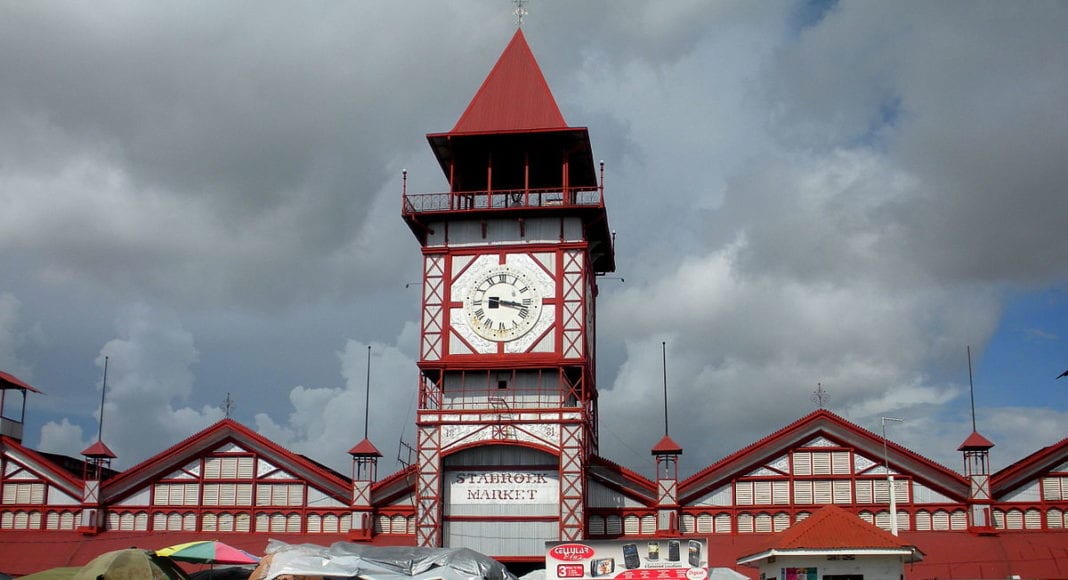Guyana ended 2019 on the high note of a new oil producer and with the 16th discovery announced at the Stabroek Block off the country’s coast in January, hope for the future has been at an all time high. But then a remarkably complicated elections took place in March in the midst of the global coronavirus pandemic, plunging the country into uncertainty as oil prices fell to a recent all-time low.
Disruptions to supply chains, demand, international trade flows, and travel, along with lockdowns and collapsing stock prices, resulting from the coronavirus have dealt a heavy blow to the global economy.
The IHS Markit forecast for world real GDP growth in 2020 has been revised down to 0.7% in response to the spread of the virus. Growth below 2.0% is classified as a global recession.
The number of active coronavirus world cases is assumed to top out by Q3 2020 but IHS Markit believes the result will be a U-shaped rather than V-shaped cycle, as a sharp reduction in near-term growth is followed by a slow recovery.
“Forecast risks are overwhelmingly on the downside and depend crucially on how governments respond,” IHS Markit says.
In Guyana, an election that took place on March 2 has ended in gridlock with no winner to date amid widespread allegations of electoral fraud which the international community has condemned.
Several countries, including the United States have said any government installed in the absence of a transparent process to determine the winner, would be illegitimate.
Oil production began in Guyana at the ExxonMobil-operated Stabroek Block last December with plans in place to ramp-up production to over 750,000 barrels per day by 2025 from multiple developments. But with political uncertainty growing in the South American country and threats of international sanctions, the country’s future is now in peril.
RELATED:



